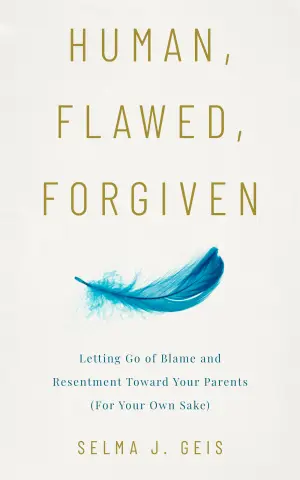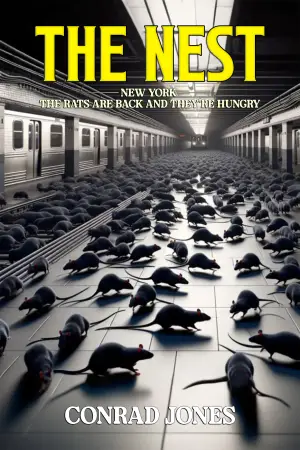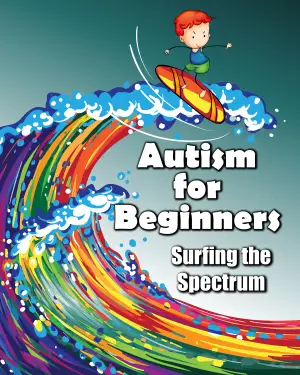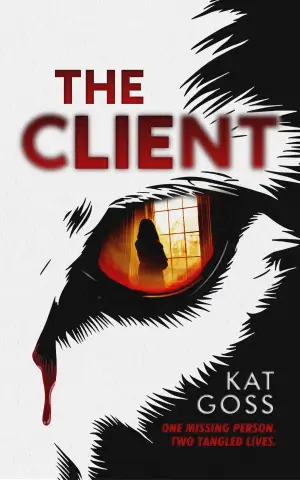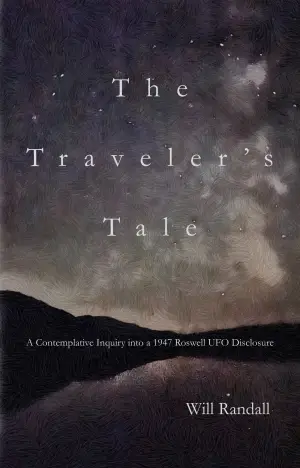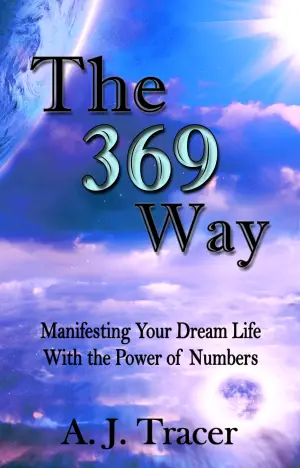Title: Embracing Connection in The Sum of Us by Heather McGee
As a book blogger with a keen interest in social justice and equity, The Sum of Us: What Racism Costs Everyone and How We Can Prosper Together by Heather McGee instantly captivated me. The title alone promised a deep dive into a complex issue that affects us all. McGee’s exploration of the toxic zero-sum paradigm—a belief that one group’s gain comes at another’s expense—struck a personal chord. In a world increasingly divided by race and class, I found myself pondering how McGee’s insights could challenge our collective mindset.
At its core, The Sum of Us confronts how racism and economic inequality intertwine, revealing detrimental patterns in American society. McGee astutely critiques the way corporate interests perpetuate a narrative that blames marginalized communities for systemic issues. I was both infuriated and enlightened by her assertion that many poor white voters support policies that harm their own livelihoods simply because they are conditioned to see their struggles as a result of “the other.” As McGee writes, “The zero-sum is a story sold by wealthy interests for their own profit.” This perspective forced me to reflect on the broader implications of collective action and solidarity.
McGee’s prose is both accessible and poignant. She weaves together historical anecdotes with contemporary examples, making her arguments resonate. The pacing allows readers to digest complex concepts without feeling overwhelmed. One moment that struck me profoundly was her discussion about public swimming pools filled in to resist desegregation. It’s a stark reminder of how deeply ingrained prejudice can shape societal structures at the expense of shared community resources. Her writing style invites dialogue; it’s like having a heartfelt conversation with a knowledgeable friend who challenges you to think critically.
A particularly memorable quote that lingers with me is: “The fallacy of racial hierarchy is a belief system that we don’t have to have.” This simple yet profound statement encapsulates the essence of McGee’s message—encouraging us to reject divisive ideologies and open our eyes to the interconnectedness of our struggles.
While McGee’s insights are largely focused on dismantling racial inequalities, I found myself questioning her portrayal of the Democratic Party as a largely virtuous entity. It serves as a timely reminder that no party is free from imperfections; thoughtful critique should apply across the board.
I wholeheartedly recommend The Sum of Us to anyone eager to explore the roots of racial and economic inequality in America. It’s essential reading for those looking to foster understanding and advocate for meaningful change in their communities. The book reminded me that we must reframe our narratives—not just to foster inclusion but to uplift everyone, transcending the damaging belief that someone must always lose for another to win.
In conclusion, McGee’s work is not merely informative; it’s transformative. If you’re seeking a text that challenges existing narratives while advocating for unity and shared prosperity, this book is a must-read. It left me hopeful yet aware, prompting me to examine my own biases and envision a future where we can all thrive together.
Discover more about The Sum of Us: What Racism Costs Everyone and How We Ca… on GoodReads >>


